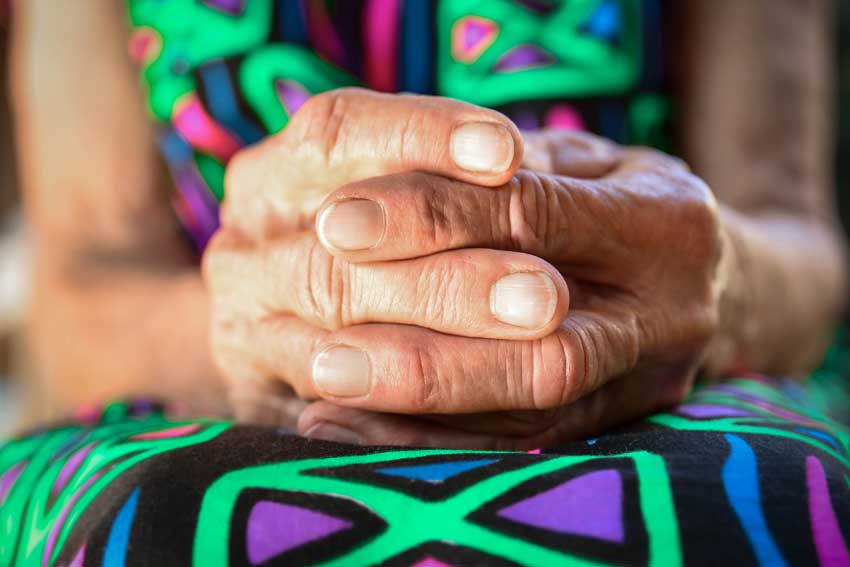
QLD lawyer unaware woman was encouraged to suicide
The case of a Queensland man who lost an appeal against his convictions for encouraging his wife to suicide reveals the difficulty in detecting pressure on someone to request to die, say pro-life advocates.
Graham Robert Morant is serving 10 years in prison for encouraging and aiding his wife to suicide in November 2014. Recently, three judges of the Queensland Court of Appeal were unanimous in dismissing his appeal against his convictions and sentence for counselling his wife Jennifer Morant to commit suicide and helping her to purchase equipment to do so.
“The offence was committed against a woman who was vulnerable to the appellant’s inducements. His actions were premeditated, calculated and were done for financial gain,” they said handing down their decision on 19 June.
“He neither pleaded guilty nor showed any remorse. His cooperation has been minimal.”
The solicitor who prepared Mrs Morant’s Will and Deed of irrevocable nomination making Mr Morant the sole beneficiary of his wife’s life insurance policies worth $1.4 million before she died, said that he met with Mrs Morant privately and did not think that she was being unduly influenced by Mr Morant.
Inherent dangers clear as debate continues
Director of Hope Branka Van der Linden said that the case demonstrates the difficulties of detecting coercion, and therefore the inherent dangers in legalising euthanasia and assisted suicide.
The issue is under debate in Queensland which in May saw the Premier Annastacia Palaszsczuk delay a push for assisted dying laws until after the state’s October election. The Premer referred the proposed legislation to the Law Reform Commission to report back to the Attorney-General by next March.
“Would Mr Morant have got away with his crime if euthanasia and assisted suicide had been legal in Queensland?” asked Ms Van der Linden.
“His victim’s lawyer did not detect any coercion. How much better would a doctor be at deciding whether someone is being manipulated or pressured to take their own life?
“No law is able to safeguard against subtle, consistent pressure on someone to request to die.”
“No law is able to safeguard against subtle, consistent pressure on someone to request to die. The only way to protect our loved ones is to not legalise killing in the first place.”
Executive director of Cherish Life QLD Teeshan Johnson said that it is “likely impossible to safeguard against wrongful deaths which include deaths caused by wrong diagnosis, wrong prognosis, patients being unaware of available treatment or having no access to palliative care, or coercion and elder abuse”.
“Another thing to bear in mind is that most jursidictions in the world have rejected legalising euthanasia because of the extreme risks, and it is generally not regarded as health care but a social demand,” Ms Johnson added.
Related articles:
QLD assisted suicide debate reprieve
Alarm at radical assisted suicide plan
Monica Doumit: From bad to worse on euthanasia
